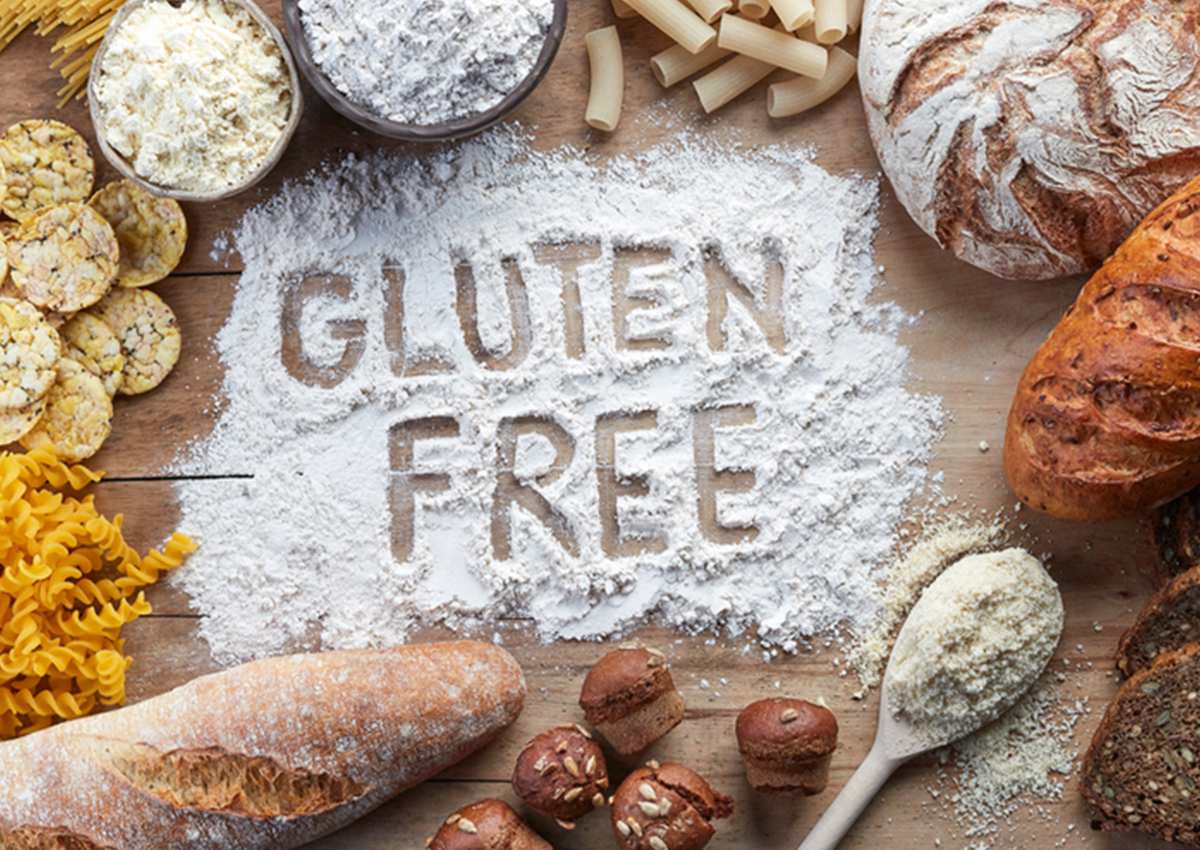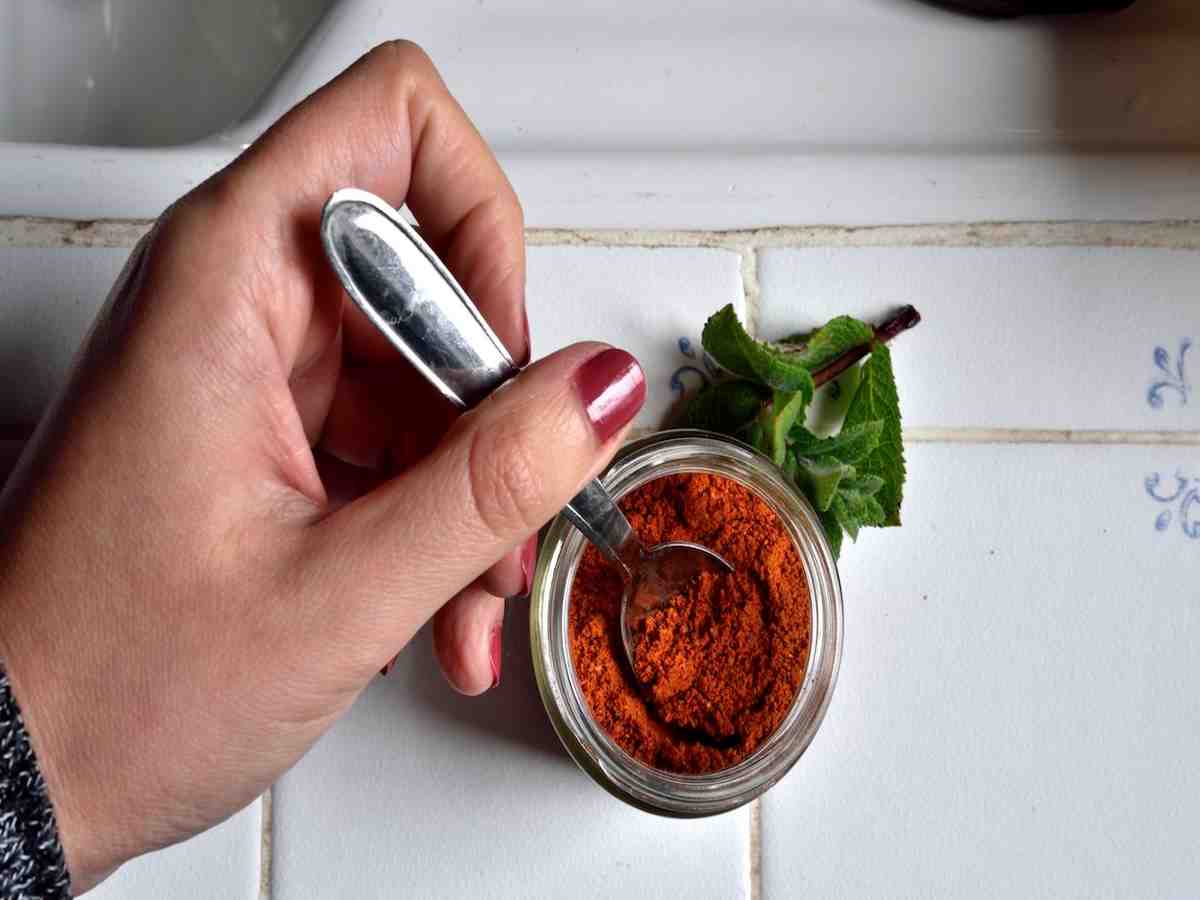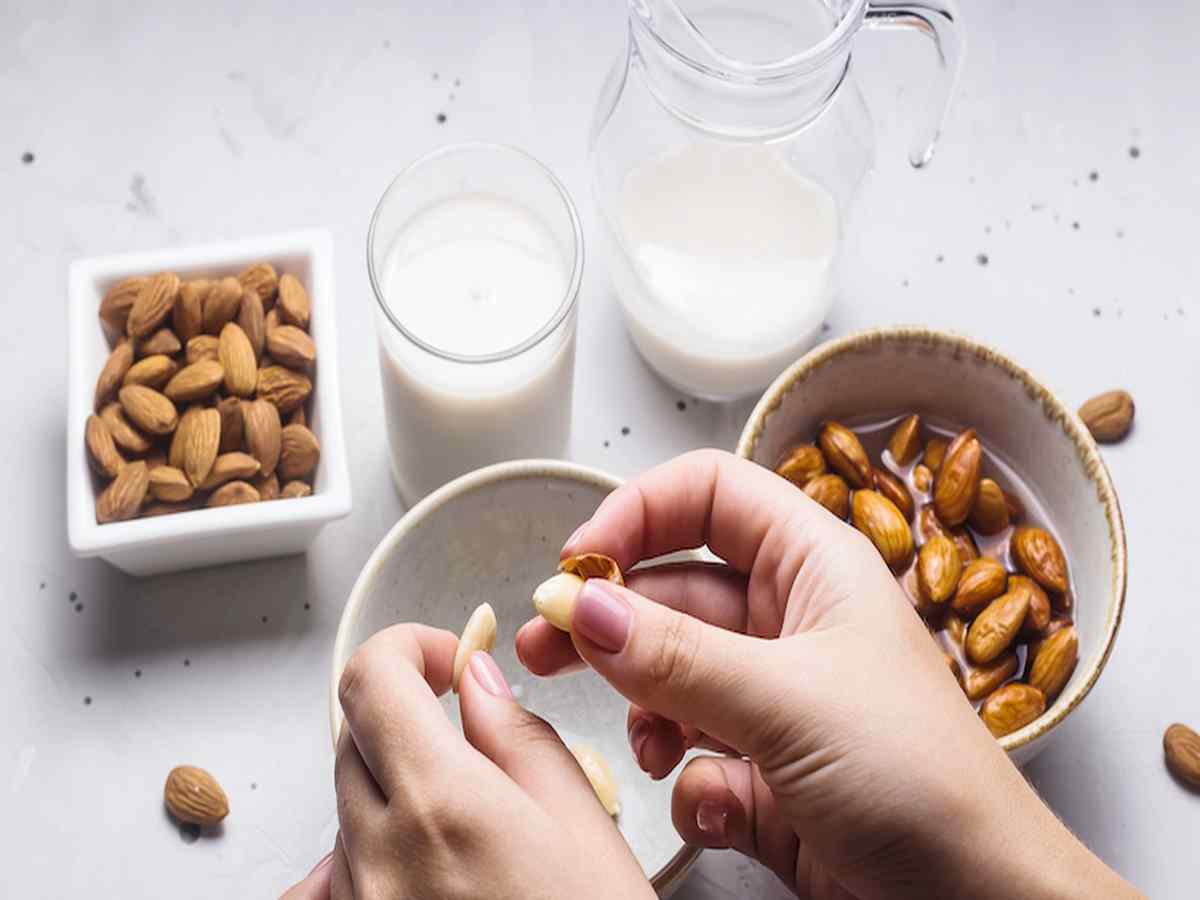We are living in a society where our natural resources are being heavily consumed every day, placing pressure on the planet & affecting environmental, economic & social systems. As consumers, we need to seek products that are more sustainable for our planet. So what do we really mean when we say ‘sustainable’?
The term sustainability relates to environmental sciences where the aim is to avoid being harmful to the earth & cease from depleting its natural resources whilst supporting long-term ecological balance. So where do we start? Let’s look at the humble coconut tree, which provides nutrition, fuel & shelter for many communities.
The cultivation of coconuts is one of the most sustainable practices in the world, as it uses every part of the plant for a myriad of different functions. Many different cultures recognise the significance of this tree for commercial & domestic uses & it is commonly known as The Plant of Life. Holistic uses of the coconut tree include:







